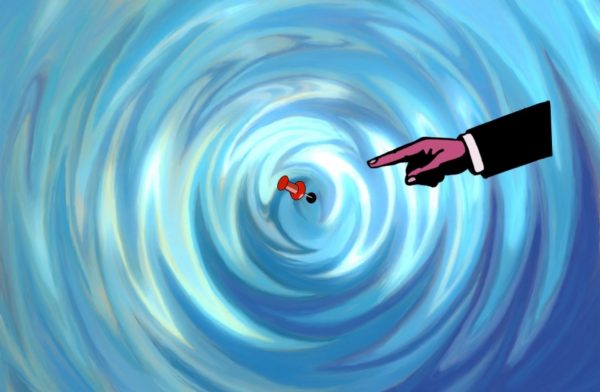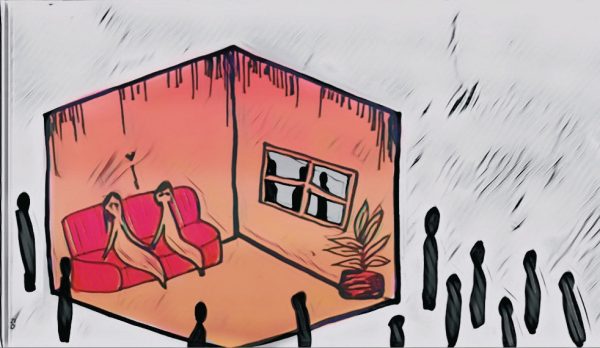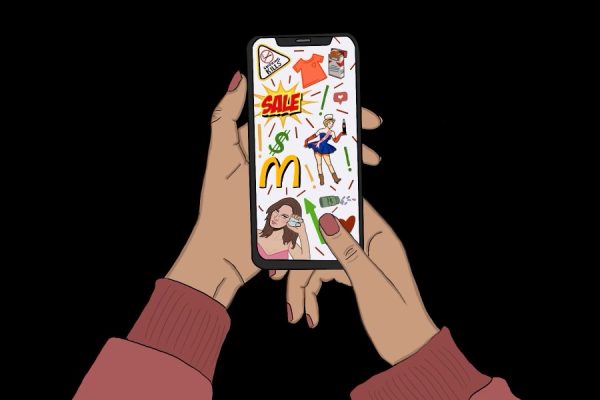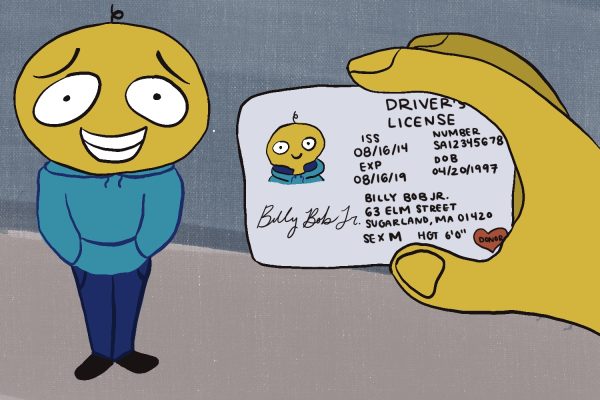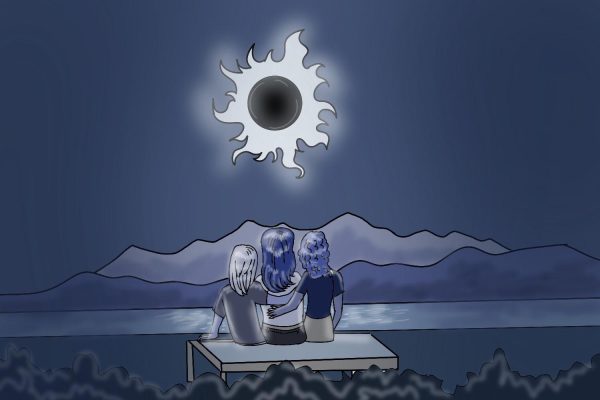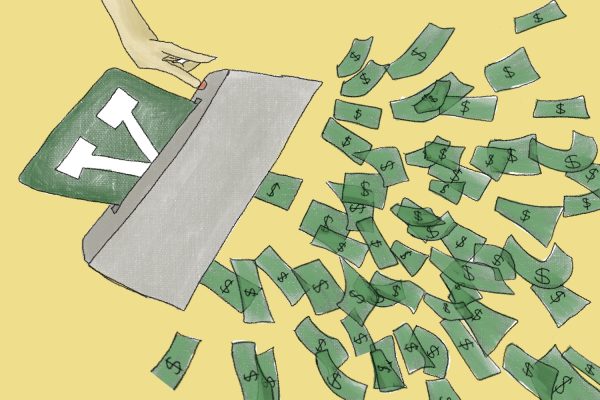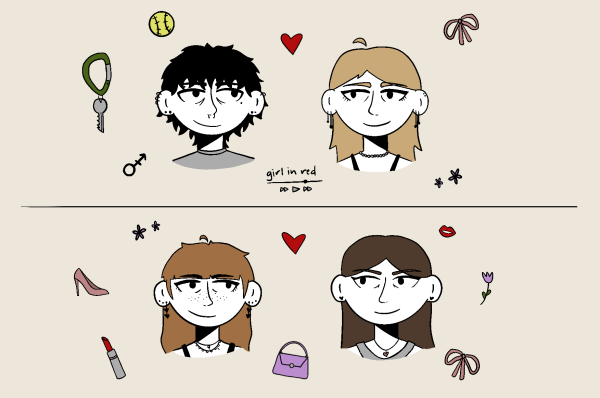Alison Bechdel & LGBT communities
Last Thursday morning, the wonderful Alison Be- chdel stood in front of my class and told us about her life.
[media-credit name=”DAVID BERNIER” align=”alignnone” width=”274″]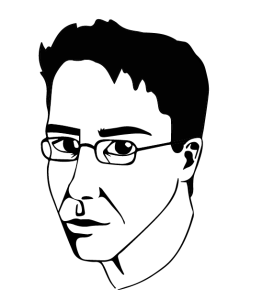 [/media-credit]For those who don’t know, Alison Bechdel is a cartoonist. She created an influential strip called “Dykes to Watch Out For” that ran from 1983 to 2008, and wrote a memoir called “Fun Home” that was turned into a Tony Award-winning Broadway musical.
[/media-credit]For those who don’t know, Alison Bechdel is a cartoonist. She created an influential strip called “Dykes to Watch Out For” that ran from 1983 to 2008, and wrote a memoir called “Fun Home” that was turned into a Tony Award-winning Broadway musical.
She is remarkable woman, and having her speak to the class was a privilege. She gave us a “cartoon history” of her life as it has appeared in her comics and then fielded questions.
One subject she touched upon particularly caught my interest. She talked about the strides the gay community has made in her lifetime.
“The world has shifted under my feet,” Bechdel said.
She said she was interested and excited about all the progress being made, but was also somewhat hesitant to what the future might bring.
“If we got what we wanted… our culture would disappear,” she said nostalgically.
This grabbed me. There is a definite trade-off taking place that people tend not to think about. When minority groups are considered deviant, they band together. They protect and support each other, and a rich, thriving subculture emerges.
Take the gay community as an example: if we went back 25 years or so we could find gay bookstores, gay newspapers, gay coffee shops, gay bars, etc. Today, most of those outlets have disappeared – even gay bars are fading away. There is a loss of culture there that’s sad to see.
Important advances are being made, but at what cost? Where is the tight-knit, thriving community that once was gay subculture?
The feelings of, “we’re special; we’re different; we’re living radical lives,” have gone away and been replaced by the feeling of “perhaps we’re not so different and special after all; perhaps we’re just like everyone else.” People have assimilated and become complacent with the dream of suburbia and the white picket fence.
Yet in these past 25 years, so many great things have happened for the gay community. The American gay man and woman have stopped being less-than citizens and have become full citizens. People don’t have to feel fear for existing in public spaces as the people they are. That’s something that couldn’t be said in the past.
When her presentation was over, I asked Bechdel a little more about this idea.
“I’m nostalgic – I miss those times,” she said, “but I wouldn’t really want to go back either.”
And that seems to be the road we need to take on this issue. It is sad to see the disappearance of what once was this tight-knit community of people, supporting each other, building things together from the ground up. We don’t have that anymore.
However, we have marriage equality, anti-discrimination laws, decriminalized gay sex and the ability to serve openly in the military.
When a marginalized community becomes accepted into society, there is a give and take. They gain their full civil rights, but must abandon their separatism.
It’s sad that there has to be a trade-off of culture and rights, but being able to live freely and openly as oneself is surely preferable.



![Can’t buy me [self] love](https://vtcynic.com/wp-content/uploads/2024/04/self-care-FINAL-600x398.jpg)

